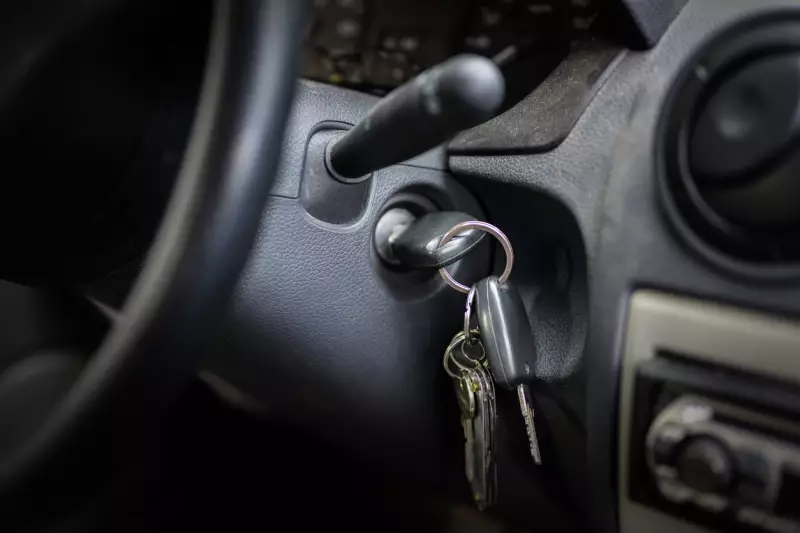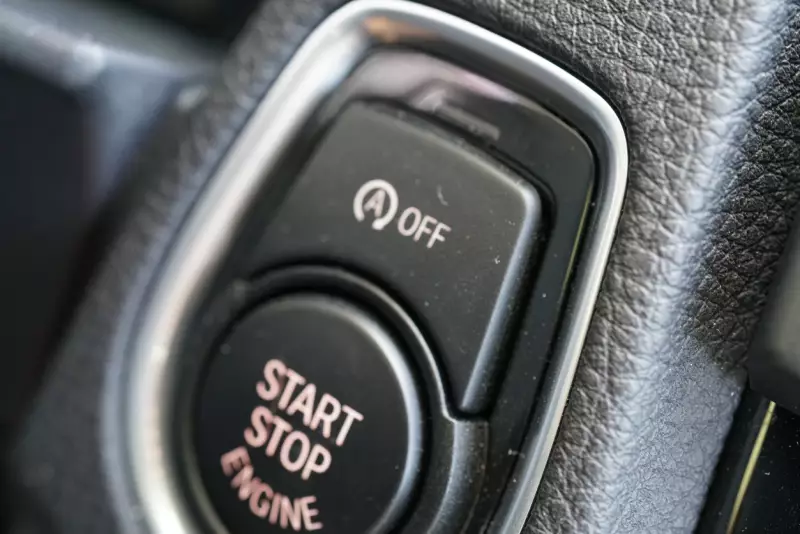Is it bad to let your car idle? If it takes you more than a few minutes to drive somewhere, leaving your car running might be considered harmful. That's because idling wastes fuel and produces pollution. Efficiency also declines when cars idle, which can affect how much money you spend on gas. In other words, idling is bad for the environment, your wallet, and your engine--here's how you can avoid the unnecessary compulsion nowadays.

Common Reasons Why People Let Their Cars Idle
On the surface, the concept of leaving your car idling doesn't seem like a big deal. In fact, to many people, it almost seems practical and logical. Here are several reasons why people let their cars idle, including:
- Warm up the engine on a cold day
- Keep the AC running on a hot day
- Charge the battery
- Run the defroster
- Keep the car running while monitoring traffic
- Idle waiting for someone
The problem is that leaving your car idle is bad for the environment, releasing unnecessary pollutants into the air for longer than needed. It also raises some other questions: how much gas does a car use idling? How long can a car idle? Is it safe to stop the vehicle and leave the engine running? Is it bad to leave your car running while parked? Luckily, we have some answers, though they may not be as simple as they seem.
Is Leaving Your Car Idle Going to Damage the Engine?
Leaving your car idling can damage your engine in multiple ways:
- It can cause carbon buildup on the valves and pistons, leading to engine knocking and poor performance.
- It can overwork the engine components, leading to premature wear and tear.
- Idling your vehicle doesn't allow the gasoline to burn off and evaporate appropriately within the engine, causing other vital fluids, such as engine oil, to degrade much faster, leading to a decrease in performance and oil life.
- It can increase emissions and contribute to air pollution.
So if you're thinking about letting your car idle for an extended period of time, think again! It's not worth the risk of damaging your engine – or the environment.
Leaving Your Car Idle Can Damage Your Spark Plugs and Cylinders
The engine is running when you leave your car idling, but you're not going anywhere. Gasoline engines work best when operating at high speeds, so when you leave your car idling, the engine operates at a lower speed than it's designed for. This can lead to a buildup of deposits on the spark plugs and cylinders, damaging your engine.
If you frequently leave your car idling, it's a good idea to have the spark plugs and cylinders checked regularly to ensure they're in good condition. If you notice any problems, have them repaired as soon as possible to avoid further damage to your engine.
One Side Says Idling Is Safe, and The Other Says Idling Isn't. Which Is It?
The answer may be more complex than you think. On one side, some people say that idling is perfectly safe and doesn't waste much gas. They argue that the engine runs most efficiently when it's warm, so it's better to let it idle than to turn it off and on again. On the other side, other people say that idling is bad for your car and a massive waste of gas. They argue that the engine wears out more quickly when you keep it running all the time and that turning it off and on again is actually better for it. So which is it?
The truth is, both sides are right in some ways and wrong in others. Let's take a closer look at the pros and cons of idling to see where things stand.
On the plus side, idling does help to keep the engine warm, which can be beneficial in cold weather. How much gas does idling use? According to AAA, it also doesn't use much gas - about one-fifth of a gallon per hour. However, this only applies if you're idling for less than 30 seconds. If you're idling for longer than that, you're using more gas than if you were to turn off the engine and start it up again later.
On the negative side, idling contributes to air pollution and carbon emissions and wastes gas - as we said above, about one-fifth of a gallon per hour. And while it might not seem like much, that adds up over time. For example, if you're idling for 10 minutes a day, you're wasting about two gallons of gas per month. If you left the car idling for 5 hours, that is an entire gallon wasted, so try not to make it a habit.
So, What's The Bottom Line? Is Idling Safe or Not?
Overall, we would say that idling is neither safe nor unsafe. It really depends on the situation. If you're just sitting in your car for a minute or two while you wait for someone, then it's probably not going to hurt anything. But if you're regularly letting your car idle for long periods - like when you're stopped at a long red light - then it's definitely not doing your car any favors. In general, it's best to avoid excessive idling whenever possible.
Newer Cars Have Auto Idle Stop Technology

Newer cars have auto start-stop technology, which means the car will automatically turn off the engine when it's not being used. This can save you money on gas, and it can also help to reduce emissions. Manufacturers added this to vehicles to help reduce emission impacts and waste gas unnecessarily. While some still argue that this technology can damage a vehicle, such as the starters, it is not a definitive driving factor in determining whether or not idling is bad.
New vs Old
The reason you cannot find a straight answer to “is idling bad for your car?” is rather simple. Not every car is the same, nor do we all drive the same kind of car. Older vehicles can and will be damaged by idling, whereas many newer vehicles have a host of additional features and tech that allow them to operate and function in ways older vehicles do not. If you're still unsure whether your particular car is safe to idle, contact your dealership or the manufacturer and ask them directly.
As always, GoodCar is here to help you find the best solution to your vehicle needs. Whether that is sharing our knowledge and experience with you or helping you find the next ride of your dreams.





















